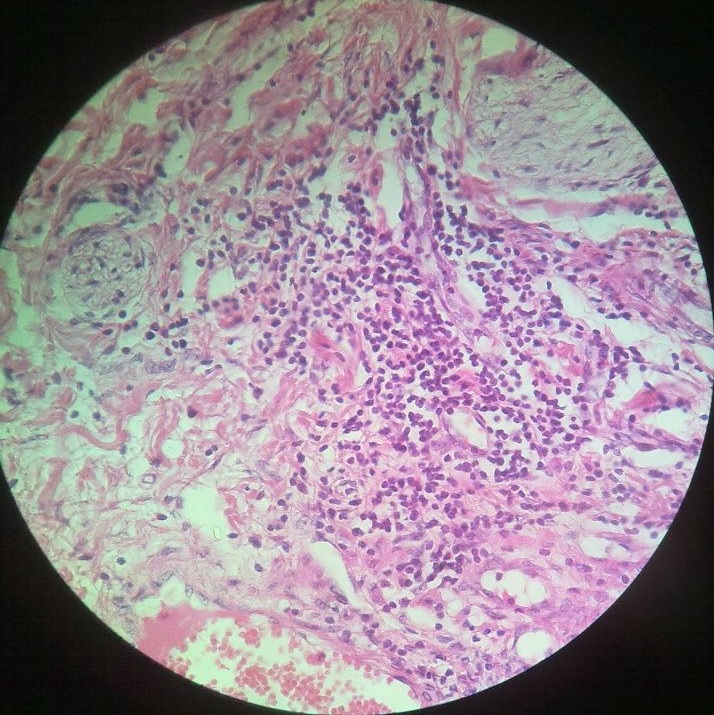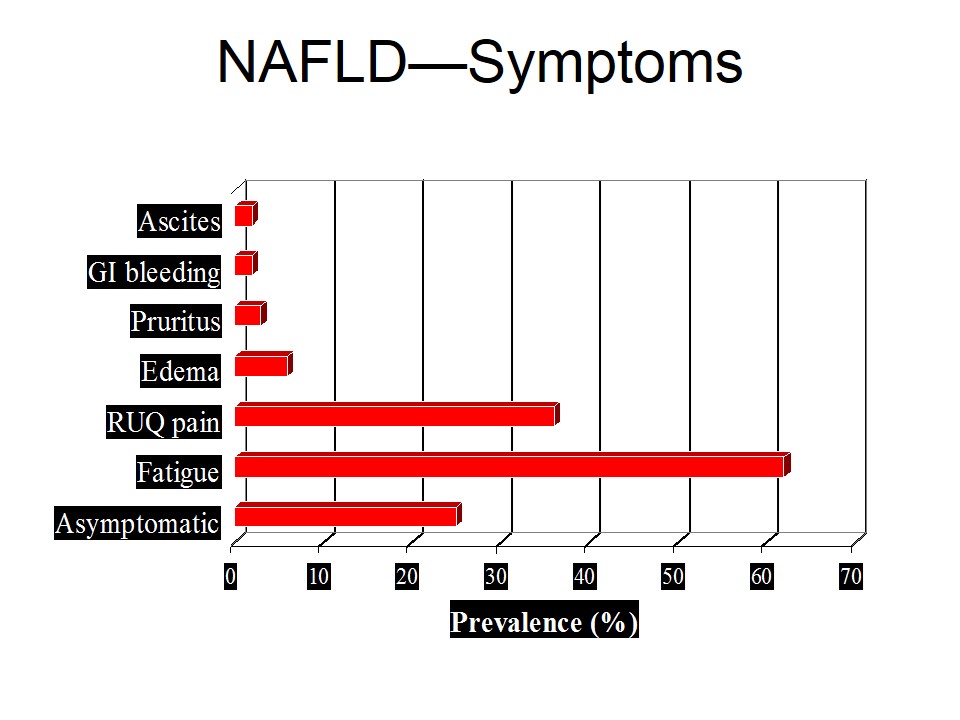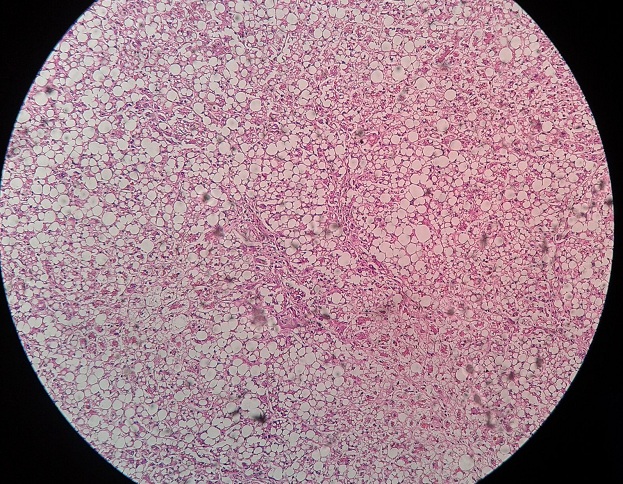Chronic inflammation is an inflammation of prolonged duration (weeks or months) in which the inflammation, tissue injury and attempts at repair co-exist. It may follow an acute inflammation or may begin insidiously, without any manifestations of any acute inflammation.
Causes
- Persistent infection by micro-organisms that are difficult to eradicate, for example mycobacteria.
- Immune mediated inflammatory diseases e.g. rheumatoid arthritis, inflammatory bowel disease, etc.
- Prolonged exposure to potentially toxic agents, either exogenous or endogenous e.g. silica

Morphological Features
In contrast to acute inflammation (which is manifested by vascular changes, edema and predominantly neutrophilic infiltration), chronic inflammation is characterized by:
- Infiltration with mononuclear cells which include macrophages, lymphocytes and plasma cells.
- Tissue destruction which is induced by persistent offending agents or by the inflammatory cells.
- Attempts at healing by connective tissue replacement of damaged tissue, which is accomplished by proliferation of small blood vessels (angiogenesis) and in particular, fibrosis.
Want a clearer concept, see all images on Chronic Inflammation
 howMed Know Yourself
howMed Know Yourself




